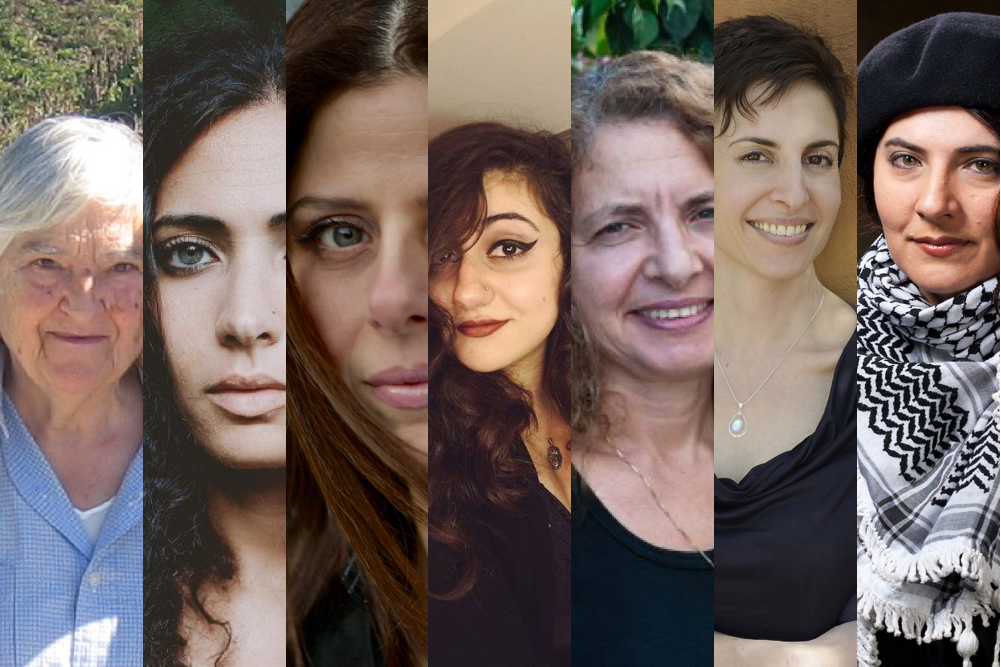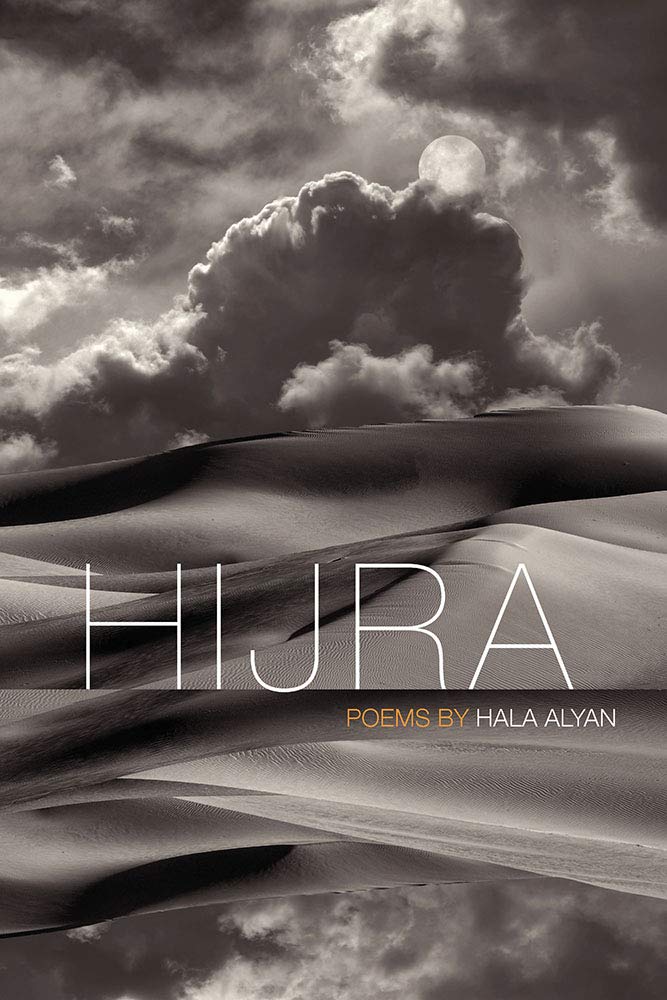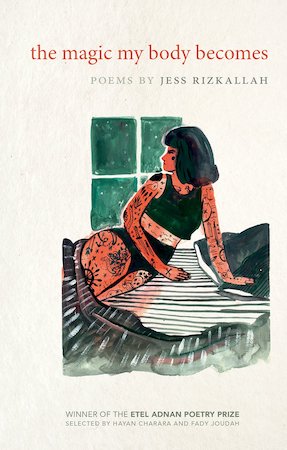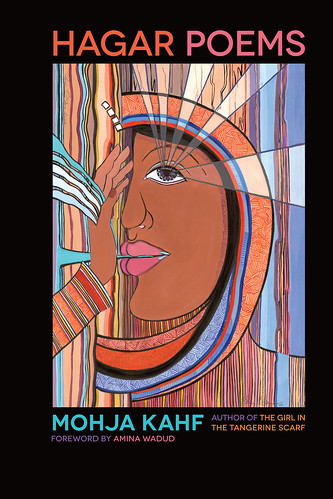If you enjoy reading Electric Literature, join our mailing list! We’ll send you the best of EL each week, and you’ll be the first to know about upcoming submissions periods and virtual events.
In addition to all the other crises happening everywhere, we are in the midst of the worst refugee crisis in history. Many refugees have fled countries that, as Americans, we have been in conflict with for entire generations, but they’re fleeing for the same reasons anyone leaves their home—fear and desperation. And while many other countries have stepped up and taken in refugees from Iraq, Syria, Yemen, and Palestine, our former president implemented a Muslim ban that has only been lifted in the past month of a new administration.
As millions of displaced people search for a safe place to land, I hope they will once again find a haven in our country.
Many Americans have hardened their hearts to this crisis by seeing Arab peoples only through a lens of 9/11, our invasion of Iraq, or their confusion over Syria’s civil war. They forget that Arab culture is and has been a part of American culture (hummus anyone?) and that most Americans probably already have a neighbor or two that can trace their ancestry back to one of the oldest regions in the world. Arab peoples are complex and varied. Even in the category of religion, there are those who define themselves as Palestinian Christians or secular Syrians or Lebanese Muslims or Iraqi Jews. Or there are the Arab people who, like me, have ancestry from several places and see themselves as Palestinian Syrians or Lebanese Egyptians first before any other identifier.
As millions of these displaced people search for a safe place to land, I hope they will once again find a haven in our country. These seven Arab American poets will introduce you to a piece of the Arab diaspora and the Arab American experience. I’m excited to share the Arab American women I regularly share with my daughter. These poets embody the characteristics you want in a new neighbor and friend. They, like me, are strong, committed to their own troubled, but beautiful history, and are ready to roll the welcome mat out to refugee women suffering around the globe, ensuring everyone has a future.
Time by Etel Adnan, translated by Sarah Riggs
Adnan writes: “writing comes from a dialogue with time.” She should know. Now in her mid-90s, she captivated me first as a painter, then an activist resisting the Vietnam war and the civil war in Lebanon. All her art reflects her sense of displacement and duality and she’s lived a very full life. Her partner, Simone Fattal, published many of her early books. Any book by Adnan is worth it, but I adore Time as a rumination about the ways countries and people break our hearts and put them back together. In her poem, “Friday, March 25th at 4PM,” she says: “there are wounds / that wait for the heart / to dress them.”
Hijra by Hala Alyan
Alyan’s wonderful novel Salt Houses, about a multigenerational Palestinian family, won her a Dayton Literary Peace Prize and an Arab American Book Award. But it was her book Hijra, focusing on the stories of Arab women, war, and selfhood, that made me a fan for life. These are not emotionally easy poems. In “Amna” she writes: “Love is filching/ your child’s air from her white throat,/ feeding her to the river before/ the army arrives. Ask any woman.” These poems will break you, then make you sing.
Life in a Country Album by Nathalie Handal
Nathalie Handal considers herself French Palestinian American and has written many books and plays. There is nothing of hers I’ve read that hasn’t made me want to read it aloud. Her latest book is Life in a Country Album and, as with much of Handal’s work, is lush, mind-bending, and multi-lingual. In “Les chemins lumière,” she says: I have to carefully / choose my words, / to keep my wounds / and love apart.”
the magic my body becomes by Jess Rizkallah
Rizkallah says all the things I feel as a fellow Lebanese American woman at this moment in America’s history. She won the Etel Adnan Poetry Prize for the magic my body becomes. This collection contains one of my favorite poems: “if teta never had to leave lebanon I wonder if she would make preserves,” where she writes: “they tell me to be less Poetry about my rage…sometimes there is only the bubble on the job applications / where you fill in a circle because you’re working hard you’re a good / American today / you get to be white as long as you’re behaving but you’re a liar…” In her interview in 2017 in the LA Times Review of Books she said, “viewing your body however you choose is revolutionary.” Her book is a testament to Arab American women being unapologetic about their stories.
Geographies of Light by Lisa Suhair Majaj
Majaj’s poem “Guidelines” is the kind of poem I wish I’d written about being Arab American and the stereotypes that follow that assertion. “If they wave newspapers in your face and shout, / stay calm. Remember everything they never learned. / Offer to take them to the library…. If they ask you if you’re white, say it depends…. If they ask how long you plan to stay, say forever.” Majij is a Palestinian American poet and scholar. Though she’s only written one book of poems, Geographies of Light (which won the Del Sol Press Poetry Prize), all the poems satisfy her belief that poetry can “bear the longings of individuals, and of nations…[as well as] give us something to hold onto in the midst of despair.”
One Hundred Hungers by Lauren Camp
Camp’s father escaped Iraq after the Farhud (the genocide of the Jewish population of Baghdad), but he never talked about his life there. Her third book, One Hundred Hungers (winner of Tupelo Press’s Dorset Prize), pieces together her family’s unspoken history. The book is one part ancestry reconstruction, one part searching for self, and many parts homage to those who perished. It is filled with family and shared meals. Camp is a master of the luscious line, as in “Variation: Let’s Pretend”: “Let’s agree that you’ll tell me the details./ Please. You have to remember every flake/ of the air and the furrows of danger.” It is one of the most sensuous books you’ll ever read and characteristic of the gorgeousness of her work.
Hagar Poems by Mohja Kahf
In every list helping with despair, it helps to have an activist who can still find joy in the world. If you need to laugh through your tears, Syrian American Kahf is your woman. A professor, poet, and member of the Syrian Nonviolence Movement, Kahf’s strength is her ability to be outrageous, satirical, and lyric all at once. I’d recommend her book Hagar Poems because it has one of my favorite sequences and is a good introduction to Kahf’s humor, “Little Mosque Poems:” “My little mosque offers courses on / the Basics of Islamic Cognitive Dissonance. / ‘There is no racism in Islam’ means / we won’t talk about it / ‘Islam is unity means / shuttup.”







